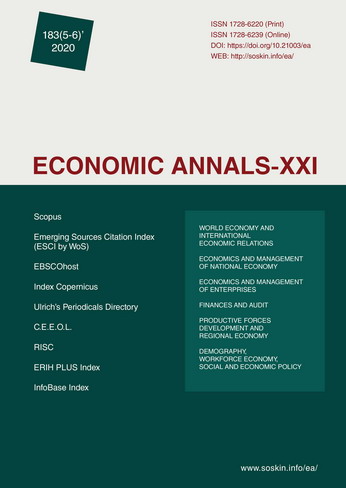The principles of synchronization in the distributed information systems
The principles of synchronization in the distributed information systems
Author(s): Ivan Sinitsyn, Anton Mironov, Yuriy Vorontsov, Nikita Borzykh, Evgenia MikhailovaSubject(s): Economy, ICT Information and Communications Technologies
Published by: Institute of Society Transformation
Keywords: Information System; Distributed Information System; Conventional Information System; Synchronization; IT; Software; Technology;
Summary/Abstract: Information, especially its automated processing, is still an important factor in improving the efficiency of any organization. Distributed information systems (IS, ISs) differ from conventional ISs in architectural and infrastructural principles, as well as in the geographic location with integration into one information cluster.One of the examples of distributed information systems is the infrastructure of the Google search engine - more than 2,000 servers, with server bases in almost every country in the world, which allows achieving a minimum delay in sending and receiving client requests.A distributed information system can have a large number of different databases, both local and remote, with which constant data synchronization is required, while maintaining a backup copy of previous data in case of failures and emergency stops.Distributed information systems are highly reliable and require multi-level protection of the cluster from unauthorized access, adherence to the principles of data synchronization, which differ from a conventional information system.Within the framework of this paper, synchronization processes are investigated using mathematical and computational tools, creating an environment for distributed information systems. It is advisable to use the results of the work to coordinate the operation of components of multi-agent systems for various purposes, transmit messages between agents, build communication protocols, and provide conditions for self-organization of multi-agent systems.
Journal: Економічний часопис - ХХІ
- Issue Year: 183/2020
- Issue No: 5-6
- Page Range: 79-88
- Page Count: 10
- Language: English

